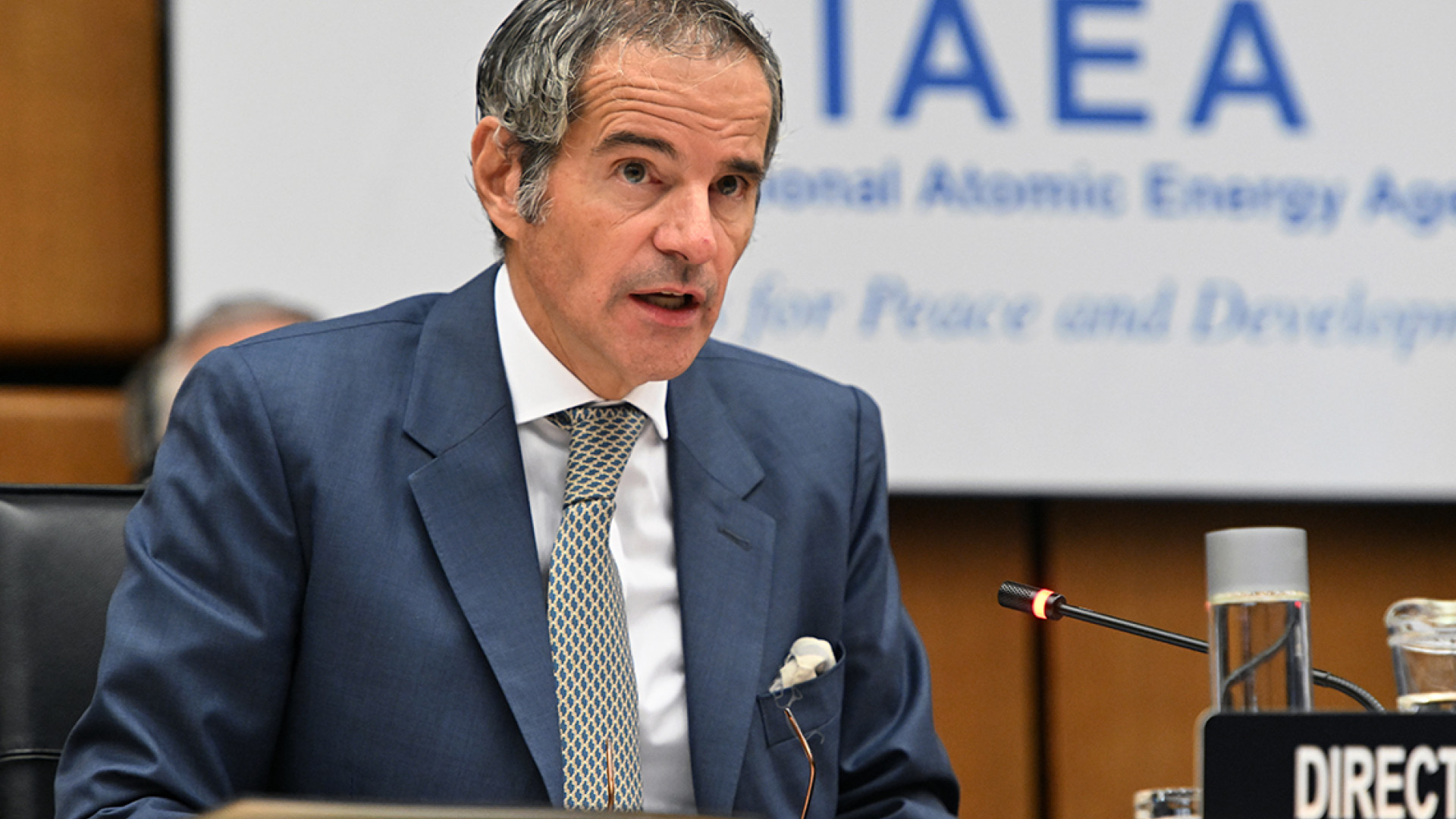The International Atomic Energy Agency (IAEA) Director General Rafael Grossi said on 17 November that Ukraine’s nuclear power plants have reduced their electrical output following Russian attacks on the country’s energy infrastructure.
Russia launched one of its largest combined air attacks in months on the morning of 17 November, deploying around 120 missiles and 90 drones to strike energy infrastructure across Ukraine. The attack killed at least three civilians, injured 11 others, and caused widespread power outages.
“The country’s energy infrastructure is extremely vulnerable, directly impacting nuclear safety and security,” Grossi said.
Khmelnytskyi, Rivne and South Ukraine were not directly affected and did not cease operations. However, several electrical substations they rely on sustained additional damage during the shelling.
The main power lines from four substations were disconnected. Grossi said that only two of the country’s nine operating reactors produce electricity at 100% capacity.
Six reactors reportedly reduced their power generation to 40-90% of maximum capacity during the morning hours.
The IAEA Director General reminded the seven fundamental principles of nuclear safety and security during the war, citing principle four, which states that “all nuclear facilities must have secure off-site power supply from the grid.”
The situation has highlighted ongoing challenges for nuclear safety during the war.
“NPPs need reliable connections to the grid both to transmit the electricity they produce and to receive off-site power for reactor cooling,” according to IAEA.
Read also:
- Russian attack damages critical power line to Zaporizhzhia Nuclear Plant
- Ukraine may reconsider nuclear weapons if NATO membership is denied, says military expert
- Ukraine’s Foreign Ministry denies Times report on Ukraine’s nuclear capabilities




